According to the Merriam-Webster dictionary, stigma is defined as “a mark of shame or discredit,” and oftentimes is paired with the discussion on mental health; or, rather, the lack of discussion regarding mental health.
May is Mental Health Awareness Month and this year the message of togetherness is being amplified through the 2022 theme, “Together for Mental Health,” according to the National Alliance on Mental Illness (NAMI). NAMI is a grassroots organization focused on advocating, educating, and providing support to communities in need of mental health resources (NAMI, 2022). The organization started around a kitchen table in 1979 with a group of families and “has blossomed into the nation’s leading voice on mental health,” states the NAMI website. Today, this organization is the largest mental health organization in the country and how did it begin? By individuals coming together.
This month is dedicated to recognizing the importance of checking in with yourself and taking care of yourself through a holistic lens. This month encourages individuals to show compassion to themselves through effective self-care and to learn about resources that can provide support when navigating a mental health condition. This month is aimed to open conversations about mental health with friends, families, educators, and even policy-makers.
May is dedicated to amplifying the message that living with a mental health illness is not one’s “mark of shame or discredit.” It’s time to come Together for Mental Health and stop the stigma.
According to the NAMI, 1 in 5 Americans live with a mental health condition. This indicates that somewhere in your life, there is at least 1 individual experiencing a mental health illness. This could be a classmate in school, a co-worker in the office, or a sibling in your household. Even if you do not have a mental health condition yourself, it’s important to educate yourself on the topic in order to properly support and advocate for those around you with experience. Some effects of stigma may result in individuals not seeking help or feelings of isolation and lack of trust in loved ones.
Specifically, individuals in ethnic and racial minority communities experience the impacts of these harmful effects disproportionately higher. In a 2017 NAMI blog post written by Larry Shushansky, LICSW, the comparison is made between repeatedly trying to unlock a door with a faulty key to individuals in minority populations trying to access proper mental health care. Alongside a heightened level of stigma in minority populations, many of these individuals are presented with greater obstacles such as lack of transportation, health insurance, and heightened language barriers.
Work is being done to reduce these inequities that many individuals in minority groups are facing and has served as a blueprint for what can happen when we all work together to find “the right keys for easier access and quality care.” (Shushansky, 2017)
“You can’t provide healthcare if you aren’t considering issues around social determinants of health. Everyone [at AMM] gets that... I feel that healthcare is a right, not a privilege...”
It takes us all coming together to create adequate access to mental health care as a reality for all of our neighbors. There are a few stepping stones we all can take to stop the stigma. These include educating yourself based on reliable information, advocating for those experiencing mental health illness, and having empathy for those individuals, especially those in minority communities that experience social determinants that you may not.
Lastly, come together with your trusted peers to have conversations. Sharing stories about your own personal experience can create an open and trusted dynamic to encourage others to speak out about theirs as well. The more normal conversations that are had, the less stigmatized the topic will be.
This month, how will you help stop the stigma? To learn more about Mental Health Awareness Month, please click here: https://nami.org/home




